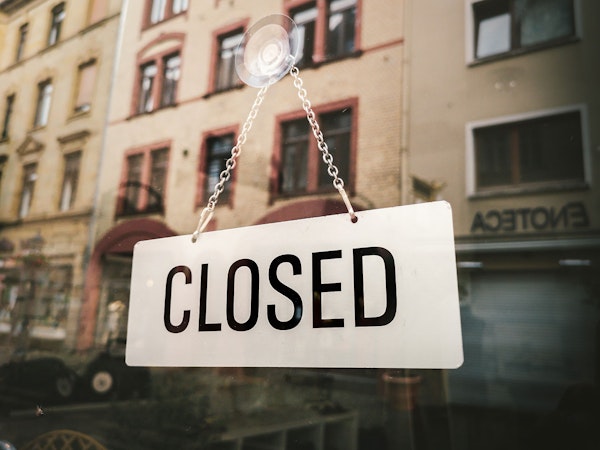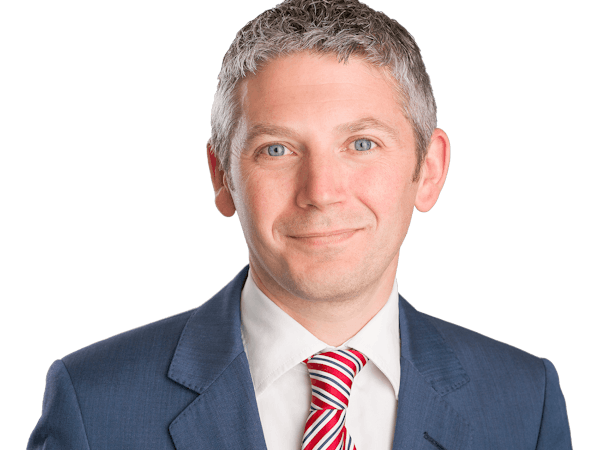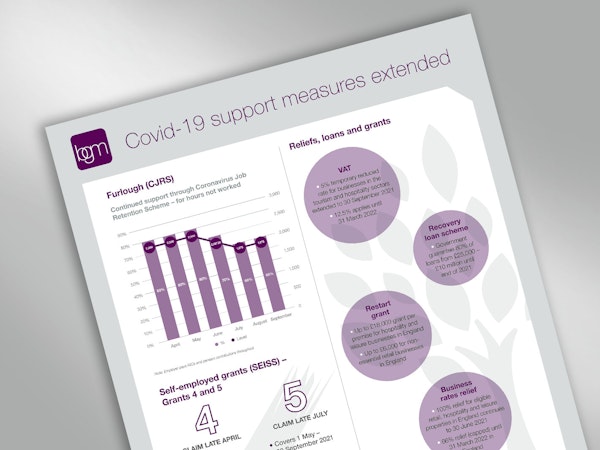Defining ‘adversely affected’ for the self-employed
Many self-employed workers will have already claimed their second, and final, Self-Employment Income Support Scheme grant, but otherwise have until 19 October to do so. A key condition is that the business must have been ‘adversely affected’ by Covid-19 on or after 14 July 2020, and HMRC has provided guidance as to what this means.

Timing
Since applications will close on 19 October, the adverse effect must occur before then. However, if a business subsequently recovers, eligibility will not be affected.
Amount
There is no minimum threshold over which income or costs need to have changed, so just a small drop in income or an increase in costs will meet the ‘adversely affected’ requirement. Of course, the change must be Covid-19 related.
There are several ways in which Covid-19 could impact on income and costs. For example:
- Not being able to work due to shielding, self-isolation, sickness or having caring responsibilities;
- Having to scale down or stop trading due to supply chain interruptions, fewer customers or clients, staff being unable to work or having contracts cancelled; and
- Additional costs incurred to buy protective equipment to meet social distancing rules.
A business is still classed as ‘adversely effected’ should contracts lost prior to 19 October be subsequently revived.
Records
You need to have records of how and when the business has been adversely affected. This should be fairly straightforward and will often just be a case of noting relevant dates when you were unable to work or trade or saving invoices for additional costs.
As regards income, retain any correspondence for cancelled work. A comparison to the same period for previous years may be needed if a business is open but has fewer customers.
The ‘adversely effected’ requirement will not be met if income has risen compared to last year, even if income would have been even higher if not for the Covid-19 pandemic.
Full details of HMRC guidance can be found here.





